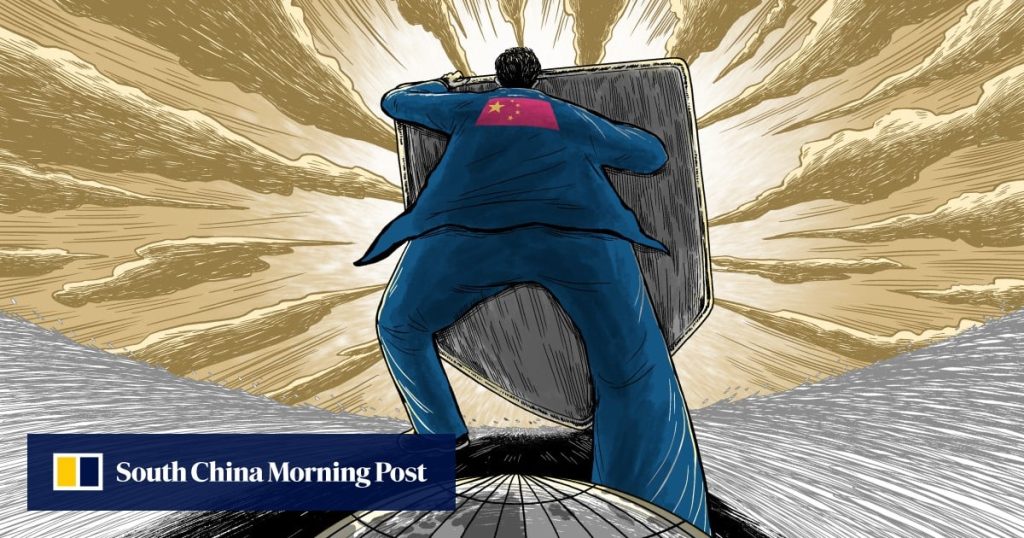Ahead of the 80th anniversary of Victory Day, marking the end of the Sino-Japanese war and the global fight against fascism, we look at the profound changes of the post-war period and how they continue to affect China’s place in the world. Part one of this series examines how the Chinese sacrifices of the conflict underpin Beijing’s determination to uphold global norms.
An estimated 35 million Chinese soldiers and civilians died as part of their country’s sacrifice as a key Allied power, yet 80 years later China finds itself not only a forgotten ally but also recast as an adversary.
The spectacle is also likely to serve as a platform for Xi to assert China’s role as a defender of the post-war order, at a time when the country is increasingly painted – alongside Russia – as a revisionist power intent on upending the global system.
Sullivan’s implication – that nations like China, outside the Western-led framework of the G7, were inherently destabilising – and similar statements frame China’s growing global influence as a direct challenge to the Western-dominated security architecture.


